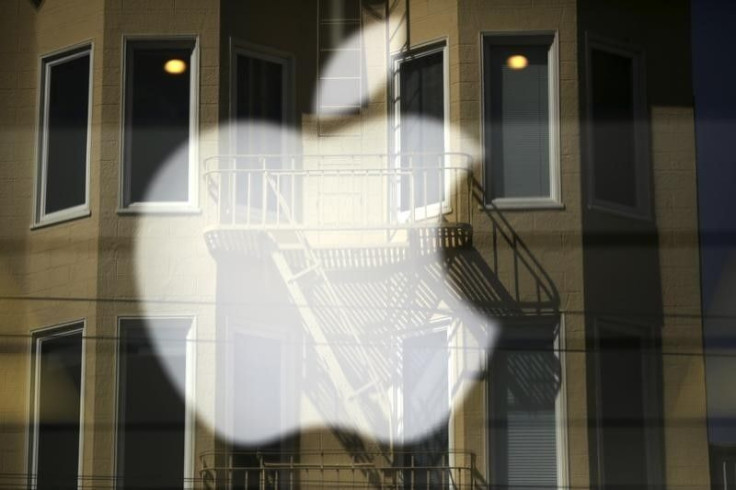iPhone 6S Release Update: Samsung And TSMC To Manufacture A9 SoCs, Samsung To Build 14 nm Processors For Qualcomm

The upcoming iPhone 6S and iPad Air 3 are rumoured to be powered by Apple A9 and A9X chipsets, respectively. Taiwan Semiconductor Manufacturing Company and Samsung Semiconductor are the two suppliers that are expected to build the A9 and A9X chipsets. Fresh reports claim that Samsung may not be producing Apple’s next generation chipsets since TSMC has managed to seal a major deal with the Cupertino based company. This has helped Samsung to become the exclusive manufacturer for Qualcomm.
Barron’s Asia states that according to Mark Li, an analyst with Bernstein Research, Samsung Semiconductor was expected to build 14 nm A9 processor for the upcoming iPhone and TSMC was expected to manufacturer the 16 nm A9X processor for the next iPad and the low-end version of iPhone (rumoured as iPhone 6C). However, speculations have it that the South Korean tech giant is facing manufacturing issues for building the compact 14 nm chipsets.
In order to bring down investment risk, 40 percent of the A9 chips will be manufactured by TSMC whereas the rest will be built by Samsung. Hence, Samsung will continue to remain as the main supplier but the share of TSMC in the overall business with Apple will grow from 50 percent to 70 percent in the third quarter of this year. The mass production of the iPhone 6 components is expected to begin in June this year, claims the BGR report.
The South Korean has been in the news since the beginning of this year for its chip-making business. The Exynos 7420 chipset that powers up the Galaxy S6 is getting positive reception from the audience and also Samsung is also being praised for working on a 14 nm processor. This could be the reason why Qualcomm may want Samsung to build its next generation chipset.
Qualcomm is one of the major clients of TSMC. Li adds that Qualcomm is currently facing overheating issues with its Snapdragon 810 chipset. Hence, it may acquire the services of Samsung Semiconductor to produce 14 nm and 16 nm chipsets at a faster pace. By late 2015 or early 2016, Samsung may become the primary supplier for Qualcomm.
To report problems or to leave feedback about this article, email a.sivanandan@ibtimes.com.au





















